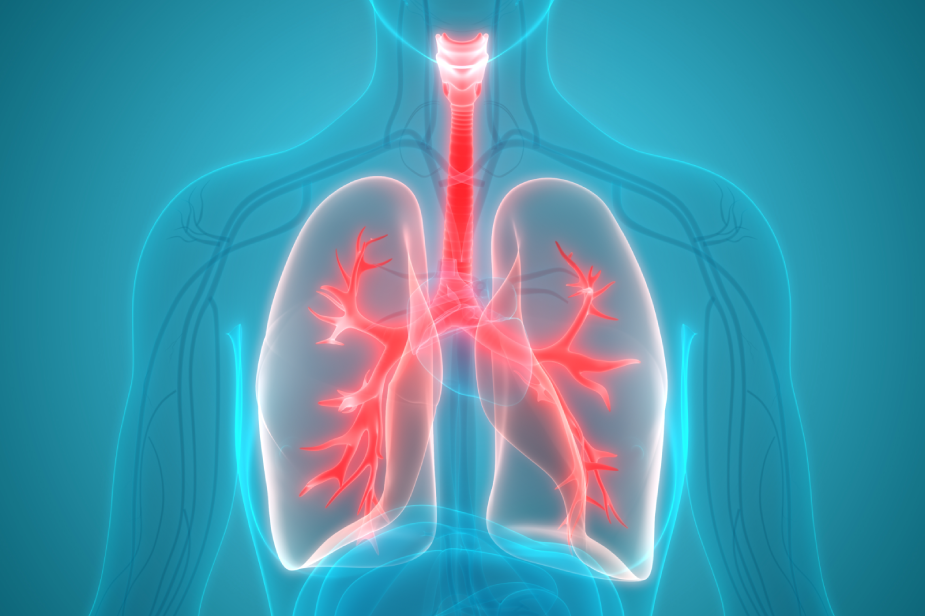Pulmonary Panel
A pulmonary panel is a group of tests that are done together to check the health of your lungs. This includes tests for breathing capacity, lung function, and the presence of any abnormalities. The most common test in a pulmonary panel is a spirometry test. Spirometry measures how much air you can breathe in and out over a period of time. This test can help diagnose conditions such as asthma, emphysema, and chronic bronchitis.
Other tests that may be included in a pulmonary panel are:
-A chest x-ray to look for abnormalities in your lungs
-A CT scan of your lungs to look for tumors or other abnormalities
-A blood test to check for infection or inflammation
-A test to measure the amount of oxygen in your blood
If you are experiencing symptoms such as shortness of breath, coughing, or wheezing, your doctor may order a pulmonary panel to help diagnose the cause. A pulmonary panel is also recommended for people who have a history of lung disease, including smokers. Pulmonary panels can also be used to aid in the prevention of lung cancer.
